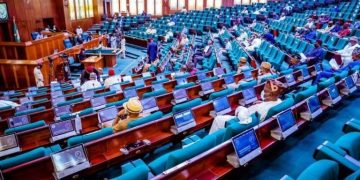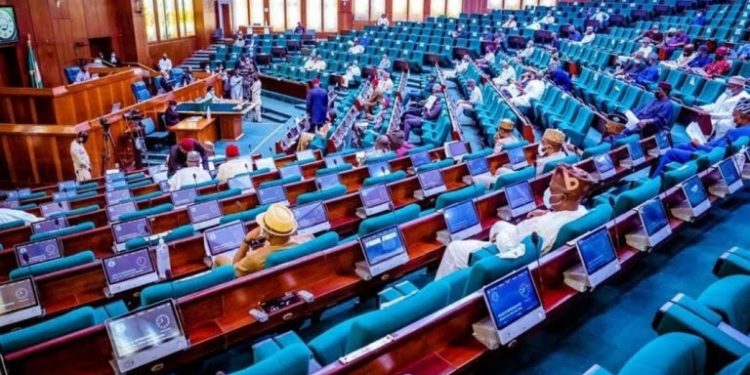The House of Representatives has called on the Nigerian Communications Commission (NCC) to instruct Internet Service Providers (ISPs) in the country to block access to websites that feature obscene and pornographic content.
This resolution was passed following a motion presented by Dalhatu Shehu Tafoki (APC, Katsina) during a plenary session in Abuja.
Tafoki emphasized that cyber pornography is becoming a widespread issue and that Nigeria has not taken significant steps to address it.
He pointed out that Nigeria, as a nation with strong religious values, opposes nudity and obscenity, as all major religions in the country forbid such content.
Tafoki also noted that several countries in Asia, Africa, and the Middle East have implemented laws prohibiting pornography.
He referenced concerns raised by psychologists and sociologists about the negative psychological, social, and emotional impact of consuming pornographic material.
According to him, “The immediate effects of pornography include deception in marriage, which can later harm family relationships. It also promotes adultery, prostitution, and unrealistic expectations that may encourage risky behavior.”
He further explained that pornography can lead to addiction, desensitization, and changes in personal and family attitudes.
Following this, the House urged the NCC to enforce the Nigerian Communications Act and the National Information Technology Development Act against ISPs that fail to comply.
Speaker Tajudeen Abbas directed the committees on Communications and Legislative Compliance to ensure implementation and submit a report within four weeks for further legislative action.















